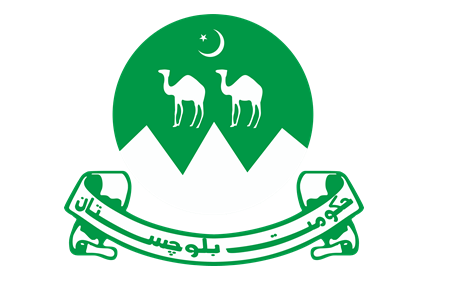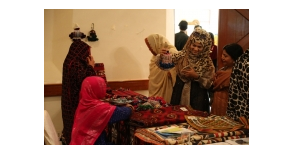INP-WealthPk
Ahmed Khan Malik
The Balochistan government will invest Rs500 million in various initiatives related to women's economic empowerment.

An amount of Rs20 million has been allocated for provision of facilities to women at the business incubation centers in Quetta, Khuzdar, Kharan, Gwadar and Loralai districts. "It is a part of the government strategy to make women active members of the society in terms of economic empowerment," Zahid Meerani, Director of the Balochistan Social Welfare Department, told WealthPK. He said women were contributing to the agriculture sector like in the other provinces of the country; however, they were mainly dependent on men. "Women's indirect contribution to the village is not a new development; they have been contributing in this way for centuries. They have always worked in horticulture and agriculture along with their men," he added.

The provincial government acknowledges the fact that empowering women is not just a matter of social justice but also an economic imperative. They should have the same access to education, employment, and entrepreneurship as their male counterparts. The issue of gender gap could be addressed by promoting transparency and adherence to national and international commitments. "We have set targets that instead of giving charity and stipends to women, they should be economically empowered to become an equal partner in the economic process," he said. Zarina Mustafa, a Quetta-based women rights activist, said over the last three decades, a major change had occurred in the shape of more women entering the employment sector. This change has resulted in a shift from an informal economy to a formal economy as women move from horticultural activities in the household to employment outside the confines of their homes.
The swing to the employment sector has brought significant changes in their daily lives, altering the family power equation. Zarina said Balochistan was the poorest province, accounting for nearly half of the country's territory, and its women were deprived of their fundamental rights of equal opportunities for education, health, and economic growth. "Females in the rural areas are less educated and least informed of their basic rights. Unfortunately, out of 27 percent literate females, only 2 percent are rural-based. We need to understand that eradicating poverty is not possible without empowering women economically and providing them with equal opportunities to live and grow. The civil society organizations, government departments and the commercial sector need to play their role in ensuring gender equality to minimize poverty in the women segment," she said.
Credit: INP-WealthPk













